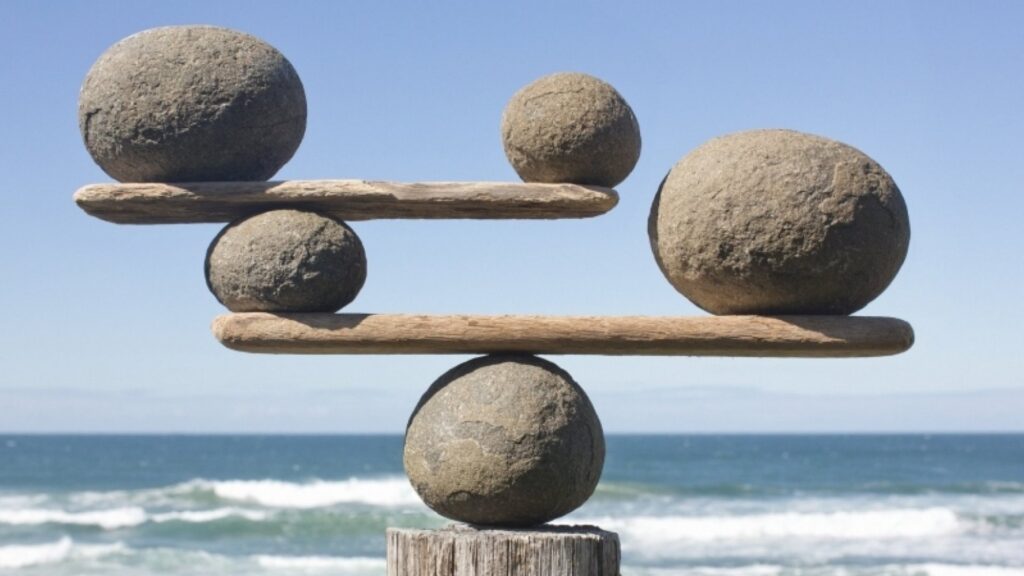Are you holding onto anything painful big or small you need to release? Are you not able to let go of pain?
“Pain is inevitable. Suffering is optional.”~ Haruki Murakami
There’s a myth that forgiveness will allow you to forget or clear away all your pain. Maybe you’ve heard “just give it time”, and somehow your suffering will magically disappear.
I’m not only talking about the deeply horrifying experiences some have painfully endured, but the little frustrations that can add up to hurricane moments.
You know the ones.
What exactly are we trying to let go of when we know darn well that some pain doesn’t end?
We just don’t work that way, and strangely – you wouldn’t want it any other way.
There’s a healthy kind of excruciating pain we want to hang onto that strengthens our stand for truth, justice, and pushes us to be authentically who we are.
There is also unhealthy pain that can keep us suffering in deep wounds, raging hell, or silent pent-up frustrations. This is the kind of pain you want to surrender.
The challenge is recognizing which kind of pain you are experiencing, and how you are responding when the reality is both kinds of pain often hit you at the same time.
How do you hold onto one, while releasing the other?
In the same way it’s healthy that we feel our physical pain so we don’t lose our hand on a hot stove, it’s healthy, and necessary to feel our emotional, and mental pain. It gives us the experiential contrast to know ourselves (what we don’t want).
Where might you be willing to keep choosing what’s creating painful stress (& dis-ease) that’s unhealthy, and does not honour your own spiritual well being?
How to Recognize Unhealthy Pain
Our healthy, and unhealthy pain can easily get mixed up. When you slow down, and notice your energy as a witness, not a judge, you can discern between them.
Your soul knows the truth of what feels loving, aligned, and healthy. It also has the capacity to allow your healthy pain to be processed.
See if you can feel the energetic difference between healthy versus unhealthy pain:
• Is the pain from loneliness or frustration from unmet demands?
• Is the anger from being dismissed, abused or rejected or is it really blame, jealousy, or self-pity?
• Is the hurt from sadness when someone wasn’t there for you or is it reacting personally (needy, or co-dependent) from abandonment?
• Is the pain coming from following expectations, beliefs or rules that don’t align or is it a fear that prevents you from speaking your truth?
It’s a fine line, especially when you’re in it. Unhealthy pain has a sense of constriction, defensiveness, attack, or confusion where we blame, and complain sucking the life out of us, and those around you.
There’s a resistance that persists here as your ego fights to keep you in a fear dominated place needing protection. The walls go up, and the masks go on.
Unhealthy pain gets stuck on the surface, while our real pain gets buried underneath.
The shouting, and screaming don’t make a difference when you’re hanging out in unhealthy pain.
We feel needy, disappointed, unloved or undervalued.
It also can feel like a lack of control where you spiral into despair, and depression trying to hang on to something you can count on.
In a nutshell it’s this feeling:
You wronged me, and as a consequence, you owe me. I’m entitled to feel this way against you!
It can feel like a betrayal, a wound so deep you desperately want it fixed, resolved, or an apology that may never arrive. We can carry this angst with us for a long time.
Your thoughts go here:
How could you say that? Think that? Do that? What is wrong with you?
That feeling with these thoughts are being asked of you to surrender, yet this same mentality seems necessary to validate your experience.
But don’t be fooled, this state of justification keeps you stuck. The famous poet, Rumi talks about a place beyond right, and wrong, a freedom you can find, but it requires letting go of this toxic pain we’ve swallowed.
It can also sound more commonly like this:
You should have ______________. Holding our ‘shoulds’ against others creates ongoing annoyances, and frustrations. We avoid the more painful process of facing what’s bothering us head on.
Your mind and emotions demand how someone ought to be. Stop for a moment, and feel what it’s like when anyone tells you how you should be, and what you should do.
That’s why you want to practice releasing it.
There’s other ways to create what you desire, and share what’s not working.
This toxic energy goes against our freedom – it’s the greatest gift we have. Our free will to choose belongs to us, and we are now in the way of someone else’s freedom. It does not mean you agree or consent to everyone’s choices.
What Hurts Most?
When someone you believe in treats you in a way that’s unexpected because it’s not the way you’d ever treat them. There’s a hurt that can feel impossible to release because it’s tied to a love you hold with this person that on some level you now need to let go of.
What we cannot see or accept at first is who they are BEING is a choice that aligns within them in a way that doesn’t align with yourself. Are you willing to accept what works for their well-being?
This is the dance we do with everyone.
Love is a funny thing.
There are strings attached you both create, and finding a safe way to untie them without bitterness or resentment can be challenging to say the least. We may want to hang onto some of those strings to continue moving forward together.
It can feel natural to want someone to suffer as you have, or be punished so they finally ‘get it’, but the evidence is clear that an ‘eye for an eye’ doesn’t work in practice.
People don’t change because they suddenly understand your pain when it’s inflicted upon them. This is a myth.
The energy of ‘you owe me for doing that to me’ fosters a battlefield.
People change because something shifted within them to know themselves in a similar way you experience yourself. When its similarly aligned (not that you think and agree on everything!), but your energy will flow together not apart.
People are not trying to wrong us – they are just being themselves.
If they indeed have a bad intention – that defines them, not you.
Your intention is in a toxic place when you feel ‘wronged’ by them even if what was said or done was obviously destructive, inappropriate, unreasonable or insane and everyone you respect would agree.
How We Stay Stuck in Unhealthy Pain
When we react by taking what someone did to fuel a fire in you against them, ever so insidiously you move you away from your divine self. It’s here that you can justify a need to condemn, and hang on to what’s causing your suffering. Hate creates more hate.
There’s a strong tendency to want to wipe out all negativity, and the easiest place to go is external vices – excess shopping, eating, alcohol, or distracting ourselves in work, entertainment, sex or drugs.
It can feel good temporarily, and at times it’s our only way to get through difficult moments, but it delays your practice of getting closer to what’s authentic to your soul.
Yes be patient. No, do not judge yourself. Have compassion. But begin to recognize where you are falling into a trap.
We stay in the disempowering place of ‘how dare you do that to me?” instead of “Wow, who are you that you’re ok with treating me this way?”
What’s Difficult to Accept
It’s a defining moment when you realize that someone you loved, and trusted has been a kind of stranger the whole time. Owning the fact that “I don’t really know you” is liberating. Now you can move forward.
When you can trust yourself – the capacity of love you have to give, and that looks very different from the way you are being treated – there’s a spiritual gap you need to bridge for your own self-worth, and the love you deserve.
Our head can get in the way analyzing, judging, and trying to problem solve keeping us in a roller coaster with no way off.
Knowing is not the same as allowing yourself to experience what feels right, and trusting it.
What’s Healthy Pain, You Ask?
Healthy pain empowers you back home to your soul. There’s a resonance here that rings your truth bells, and it can feel like all Hell has broken loose.
Healthy emotional pain feels raw, real, and often vulnerable. It includes anger, disappointment, frustration, sadness, and loneliness. It’s a surreal pain that pushes you harder for what most matters.
We want to at last surrender what didn’t belong to us in the first place. Someone else’s choices, beliefs, or expectations that didn’t see, and treat us the way we’d choose.
To thine own self be true is a loving state that embraces the pain, and the bliss of our lives, but also recognizes where you can let go of unhealthy pain.
We no longer need to be right because it’s here that we’re free.
Love is just a reflection back of who you are in this healthy state. Your vibration keeps rising, and love shows up in abundance to propel you forward with little space left for suffering.




